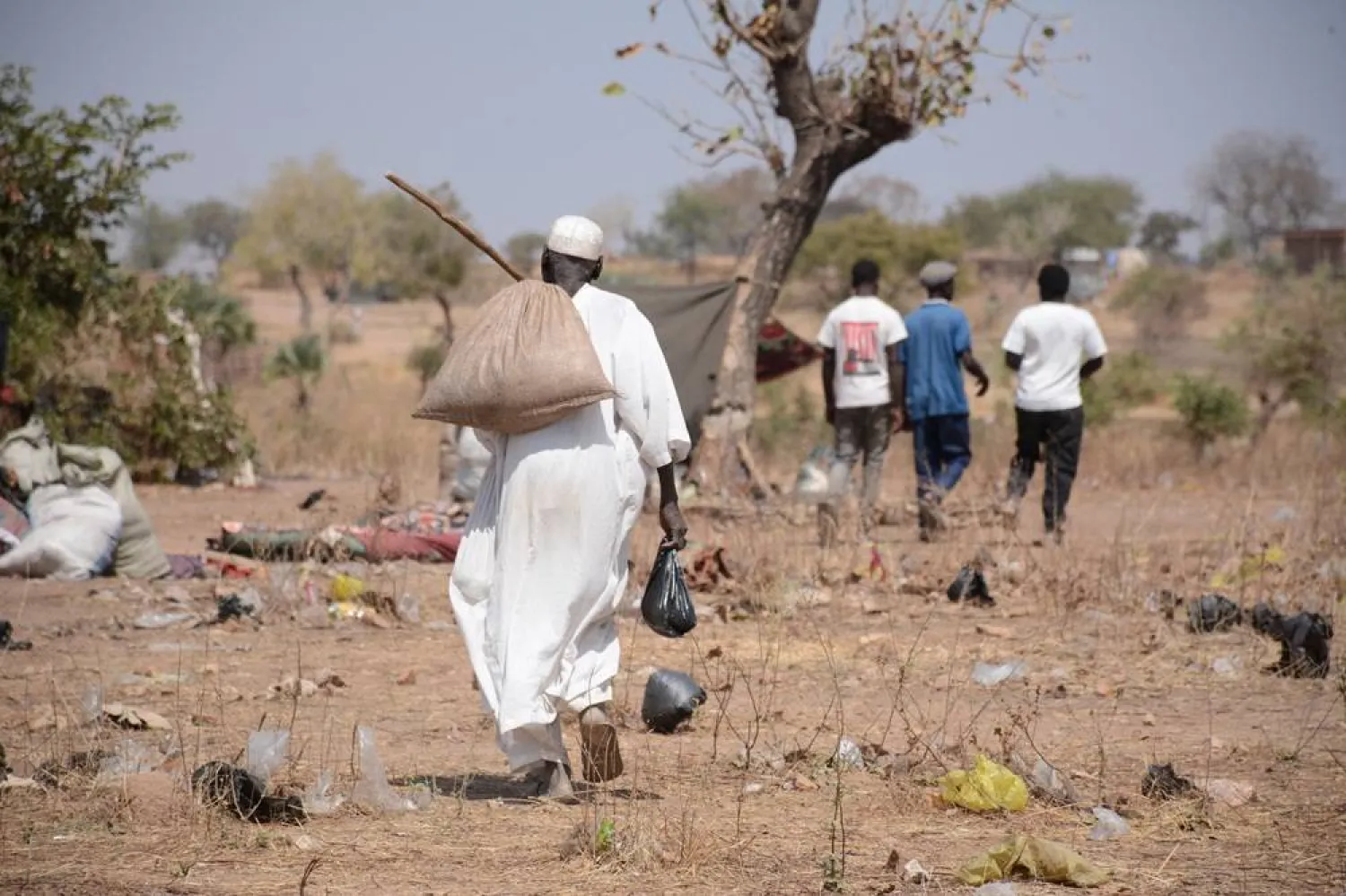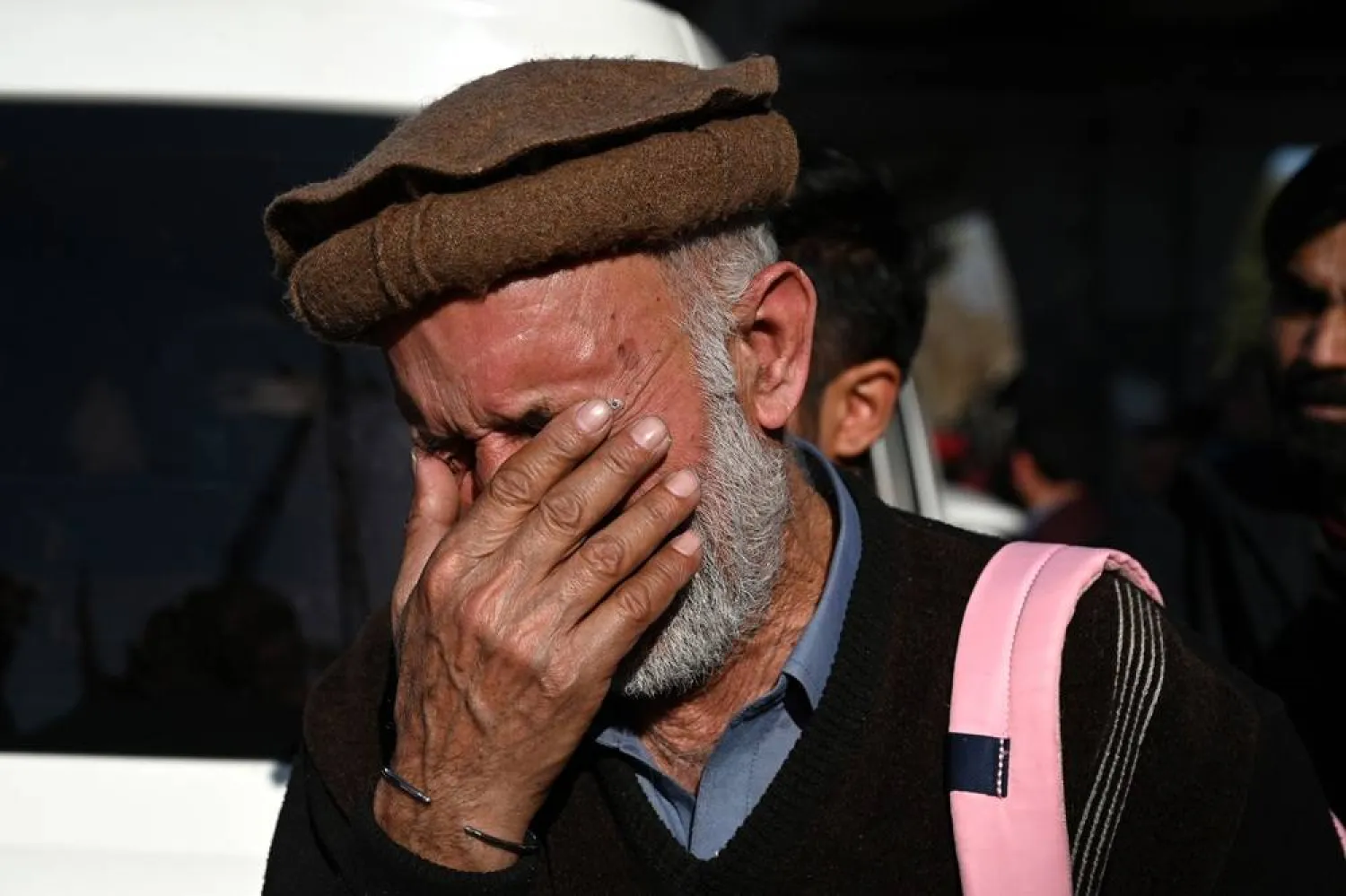Iran and Kuwait affirmed the importance of boosting cooperation to maintain the region's security, safety, and stability, stressing the need for preserving dialogue between them.
Kuwait's foreign minister Sheikh Salem Al-Sabah met with his Iranian counterpart Hossein Amirabdollahian on the sidelines of the ministerial-level talks of the Non-Aligned Movement members in Azerbaijan.
The Kuwaiti Ministry of Foreign Affairs said the meeting addressed the new regional and international developments and focused on the talks launched in Kuwait during the Iranian minister's recent visit last month.
The foreign ministers stressed the importance of enhancing cooperation to preserve the security and safety of the region, while asserting the need to continue dialogue and support all efforts that would improve regional and international stability.
The meeting comes after an escalation in the gas-rich offshore Durra field case after Iran hinted there were "full preparations to start drilling."
Meanwhile, Kuwaiti Oil Minister Saad al-Barrak affirmed that Kuwait and Saudi Arabia have an agreement over the gas field.
He told "Asharq News" on the sidelines of the 8th OPEC International Seminar that they must demarcate the border, urging Iran to enter "the demarcation of international borders, and after that, whoever has a right will get it according to the rules of international law."
Kuwait and Saudi Arabia have an understanding regarding the Durra field, said the minister, adding that it was early to talk about production levels in the region shared with the Kingdom.
Kuwait stressed that the Durra field is a shared Kuwaiti-Saudi natural wealth, and no other party has any rights in it until the demarcation of the maritime borders is resolved.
"We categorically reject Iran's planned activities around the premises of the Durra offshore gas field," said Barrak.
On Monday, the Kuwaiti Foreign Ministry confirmed that the marine area in which the Durra field is in the marine area of Kuwait, that the natural resources are shared with Saudi Arabia, and that they have exclusive rights to the natural wealth in the field.
An official source in the Kuwaiti Foreign Ministry said the country renewed its call to the Iranian side to enter the demarcation talks with the Kuwaiti and Saudi sides as one negotiating party.
On Tuesday, an informed source in the Saudi Foreign Ministry confirmed that ownership of the natural resources in the divided submerged area, including the entire Durra field, is shared between the Kingdom and the State of Kuwait only.
He told Saudi Press Agency (SPA) that Saudi Arabia and Kuwait exclusively own natural wealth, including the Durra gas field, in the Gulf's maritime "Divided Area."
Saudi Arabia renewed its calls for Iran to start negotiations to demarcate the eastern border divided between Saudi Arabia and Kuwait as one negotiating party.









